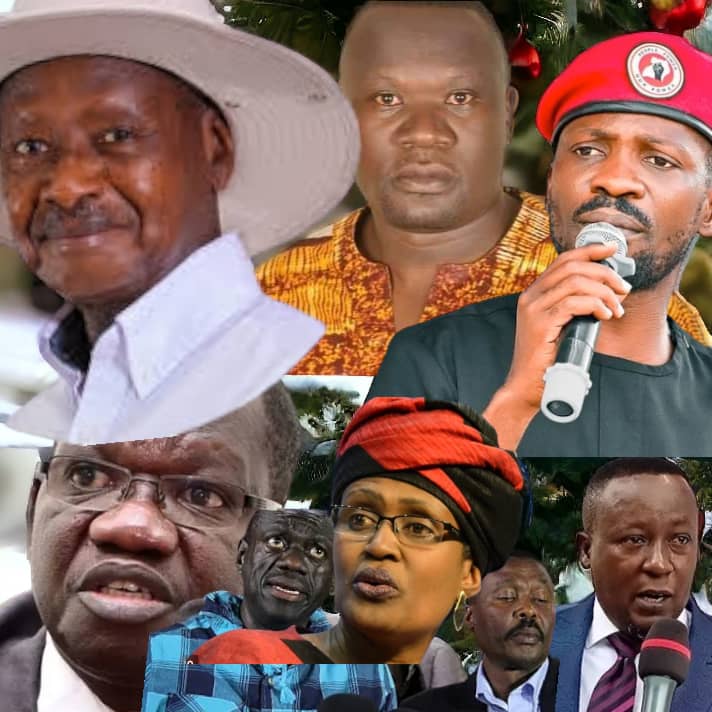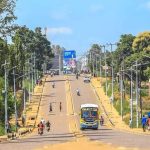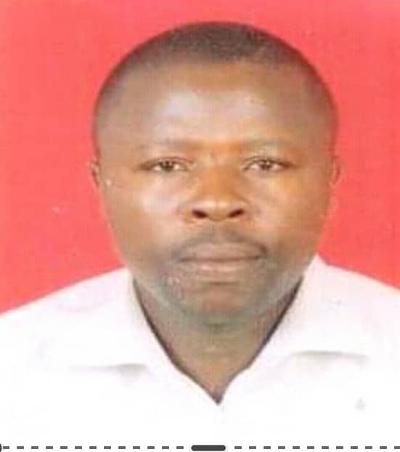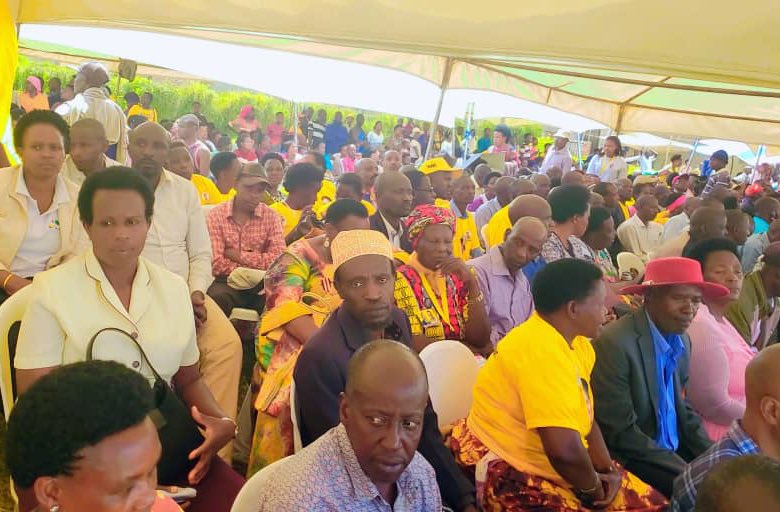As the next election period approaches, the political atmosphere in the country intensifies. In just a little over one week, Uganda will mark exactly three years since the last general elections that secured President Yoweri Kaguta Museveni his record sixth term in office.
In power since 1986, Museveni’s ability to assess the political environment and act accordingly has garnered him both admirers and critics.
The 2021 elections marked the sixth time the General from Rwakitura presented himself to the voters, and once again, Ugandans chose to continue with him at the helm. Notable in the 2021 challenge was the absence of perennial challenger Rtd Col. Dr Besigye and the emergence of Robert Kyagulanyi Ssentamu, also known as Bobi Wine.
Museveni emerged as the expected winner, with Bobi Wine as the first runner-up. This contest raised hope for those seeking a change, as Wine symbolized an energized opposition, although this hope did not materialize.
Despite the optimism after the January 14th elections, recent political developments paint a different, pessimistic picture for those anticipating a change. Assessing the political landscape reveals a situation unfavorable for those seeking a shift in leadership.
Regarding unity in the opposition, General Museveni has already scored a decisive win by bringing the Democratic Party (DP) onto the side of the ruling regime. This addition to the ruling coalition, along with the Ugands People’s Congress (UPC), comprises two significant and longstanding political parties in the country.
In a recent interview with BBC, Museveni reiterated his commitment to engaging members of the opposition in his government to foster national cohesion. This offer has been extended to Bobi Wine and Besigye, two prominent leaders of the regime’s opposition. While their response is awaited, the ongoing talks with other opposition members should concern political party leaders prioritizing their agendas over national unity.
As we approach 2026, the NRM appears to be in its strongest position since 2001 when Besigye first challenged Museveni’s power constitutionally. Improved services, infrastructural development, including roads, power generation, irrigation, health, and education, have endeared the country to the leadership.
In 2021, NRM secured significant victories in traditionally hostile regions, including Bugisu, Teso, West Nile, Acholi, Lango, and Rwenzori. With a proven track record of bonding with the people and rewarding loyalty, it is likely that more will vote for the president in 2026.
While waiting to hear Besigye’s and Bobi Wine’s responses to the President’s offer, it is certain that Museveni is poised for a landslide victory should he declare his return to the fray in the next general election.
The writer is the Deputy RCC for Soroti East Division.



















